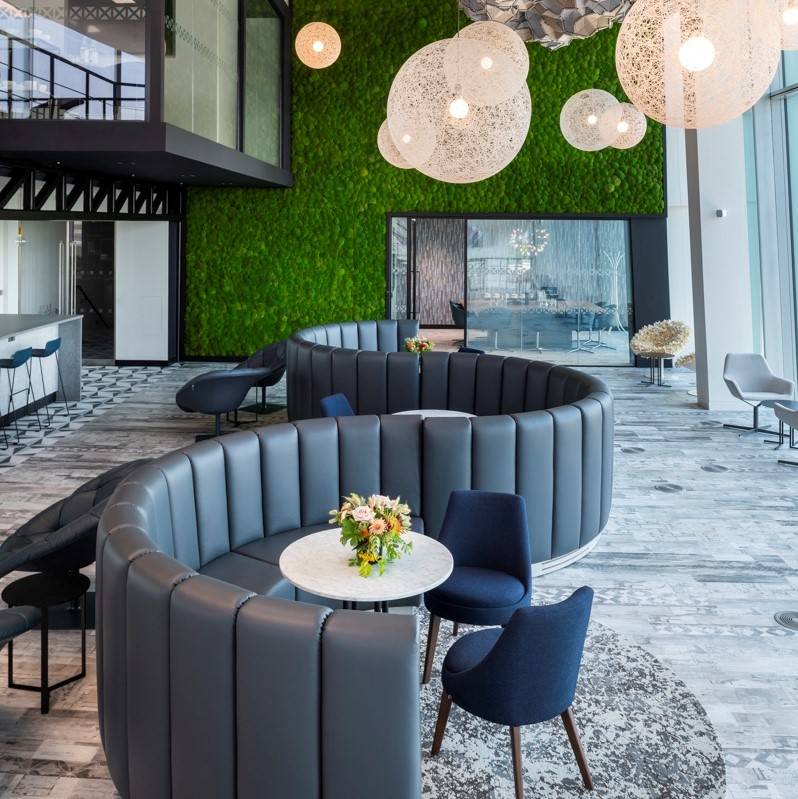When attending last year’s CoreNet Global Summit in Boston, there was a poll of the real estate executives gathered to discuss the key trends affecting the world of commercial property. During the event we were asked about our attitudes to coworking by the event organisers and Cushman & Wakefield. What emerged was a portrait of genuine revolution in real estate thinking. The number of employees from the respondents’ organisations using coworking space had doubled in the previous two years and now stood at around 11 percent of all employees. When asked to predict how that number would develop in the short to medium term, respondents claimed it would be around 17 percent in two years and 23 percent in five years.
What is especially interesting about this is that these are major corporate occupiers who say that nearly a quarter of their workers will work from coworking space to some degree in the near future.
Although it may have flourished in cities like London where property prices were prohibitive, it is already a disruptive force in cities such as Glasgow, Birmingham, Manchester and Bristol
It is clear evidence that a phenomenon that was catalysed by its ability to a provide flexible and attractive accommodation for start-ups and freelancers in the expensive tech and creative hubs of globalised cities is now a core element of real estate strategy for a much wider range of organisational types.
This also means it is expanding geographically as well as by sector. Although it may have flourished in cities like London where property prices were prohibitive for the start-ups that needed to co-locate with the tech, telecoms and creative giants that offered them work, it is already a disruptive force in cities such as Glasgow, Birmingham, Manchester and Bristol. Each of these cities is home to a successful community of freelancers, smaller firms as well as the larger organisations who work with them.
So, what exactly is the attraction of coworking for all of these businesses?
Flexibility
In the CoreNet poll, three-quarters of the respondents said that the main benefit of coworking to their organisation was the ability to cut costs and adapt a corporate real estate portfolio quickly and at low cost, especially as part of a flex and core model.
This is not too dissimilar to the motivation of smaller organisations. Smaller firms and start-ups may experience more rapid growth, but the ability to respond to change is a universal need.
Coworking space is also a way to effectively outsource day to day facilities issues such as cleaning and maintenance as well as the all-important provision of WiFi.
Productivity and wellbeing
A coworking office adds structure to the days of freelancers and mobile workers alike. They allow people to network, collaborate and engineer serendipitous encounters with each other. Because they are based on an agile working model which encourages people to find the most appropriate space for the task at hand and to meet their individual needs, they encourage movement and improve general wellbeing.
The ability to work alongside like-minded people can also provide support and new opportunities for the people who work in the space.
According to a report in the Harvard Business Review, people who work in coworking space report levels of thriving of around 6 on a 7-point scale, which is slightly over a point higher than the average for employees who do their jobs in traditional offices.



